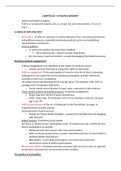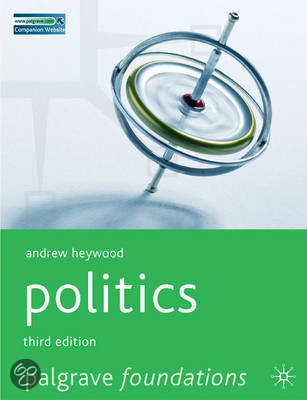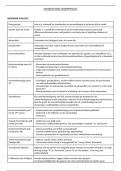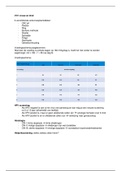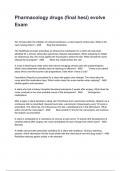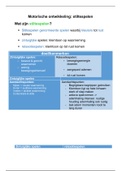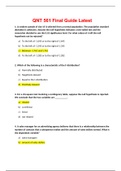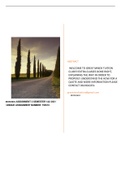Samenvatting
Heywood - Politics, summary chapter 20
A detailed, in-depth summary of chapter 20 of the book Politics by Andrew Heywood. The summary includes all terms and definitions and is sufficient scope for the exam. This book is often used for first-year political science courses.
[Meer zien]
